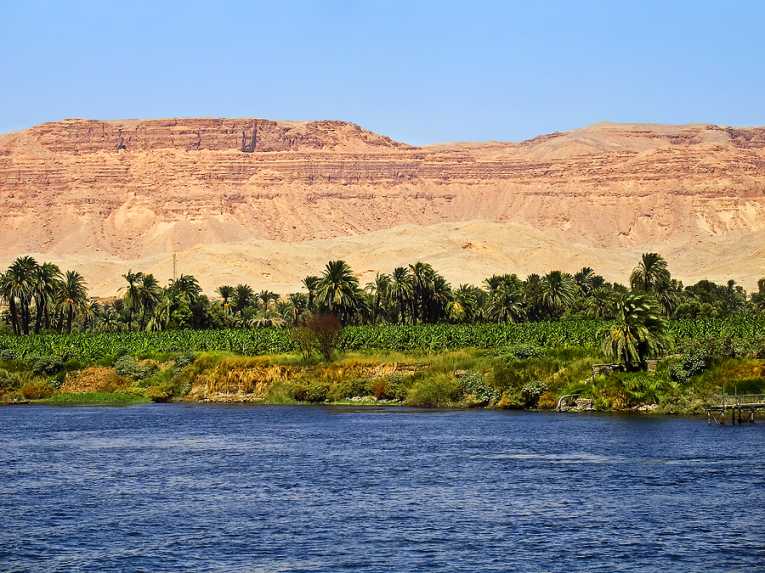Despite conflicts over water being a recognised problem in many parts of the world, publications of the peer-reviewed journal Water International suggests that the world contains a sufficient quantity of water to meet human demands.
The Consultative Group on International Agricultural Research (CGIAR) created a programme in 2002 intended to drive reforms that work towards improved water management in agricultural settings. This programme (CPWF) was behind the report that was used for these publications.
Ten river basins in Africa, South America and Asia were studied over a period of five years. A truly multi-national study, scientists from 30 nations worked together to monitor and analyse human interaction with their sources of water. In particular, water management and the challenges created by an expanding population were areas of concern.
The director of CPWF, Alain Vidal, argues that while water scarcity can be an issue for food production in some areas, generally water management is the real problem, "Yes, there is scarcity in certain areas, but our findings show that the problem overall is a failure to make efficient and fair use of the water available in these river basins. This is ultimately a political challenge, not a resource concern."
The report identifies certain areas that would greatly benefit from improved water management techniques. Vidal points to sub-Saharan Africa, "Huge volumes of rainwater are lost or never used, particularly in the rain-fed regions of sub-Saharan Africa. With modest improvements, we can generate two to three times more food than we are producing today."
Asia is also highlighted, with significant inefficiencies in the Indus and Ganges basins causing a shortfall of up to 50% when compared to theoretical yields with suggested improvements.
CPWF have found a move to rain-fed agriculture could have dramatic effects on a country's food production. They are suggesting that governments should act on this and that they should see significant improvements in a short time-frame.
The Mekong, in which fisheries are depended on by approximately 40 million inhabitants is given as an example of the complications involved. Although these changes are not unachievable, CPWF warns that alterations must take into account the complex interaction between water supplies, livelihoods and food sources.










